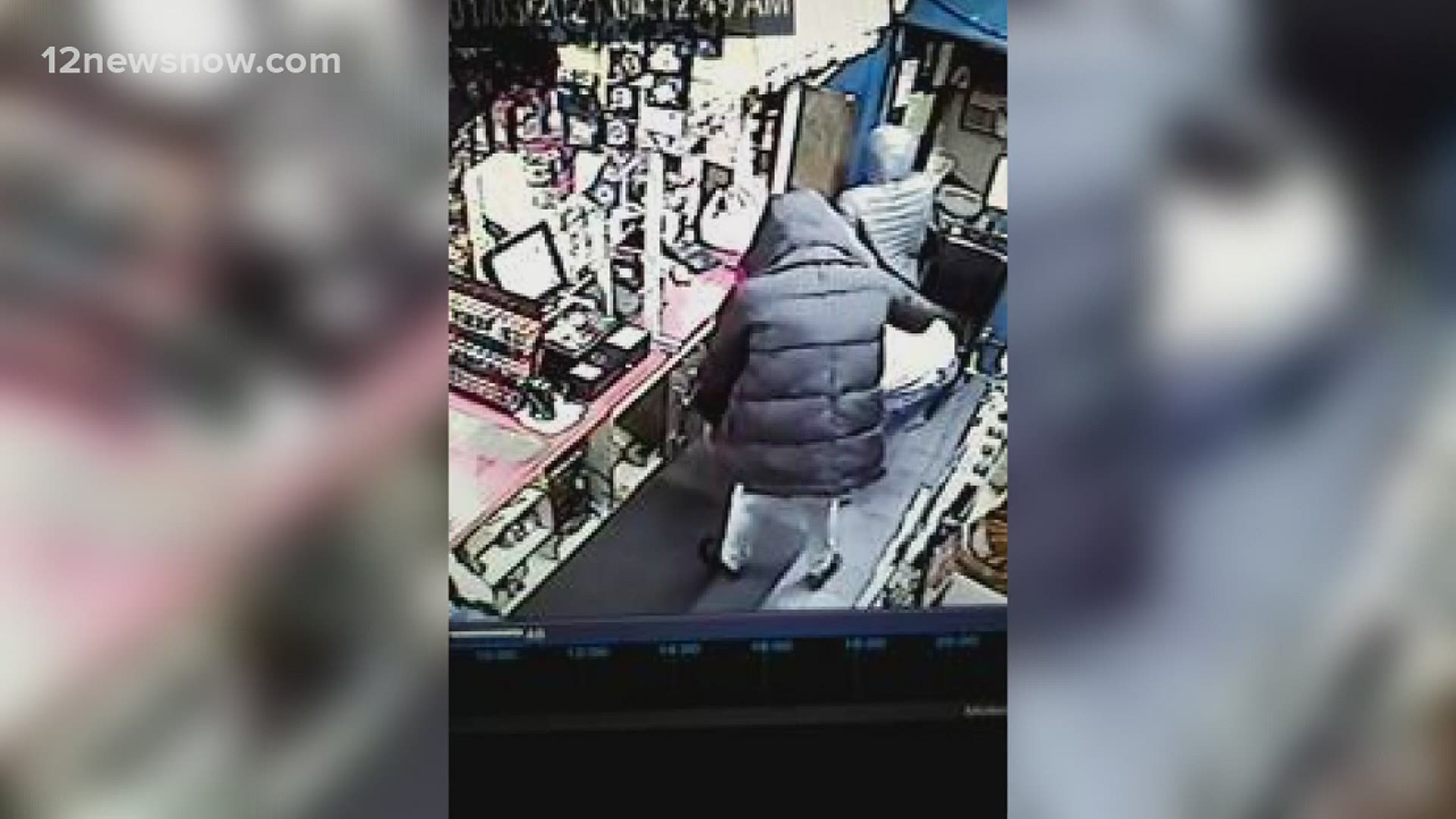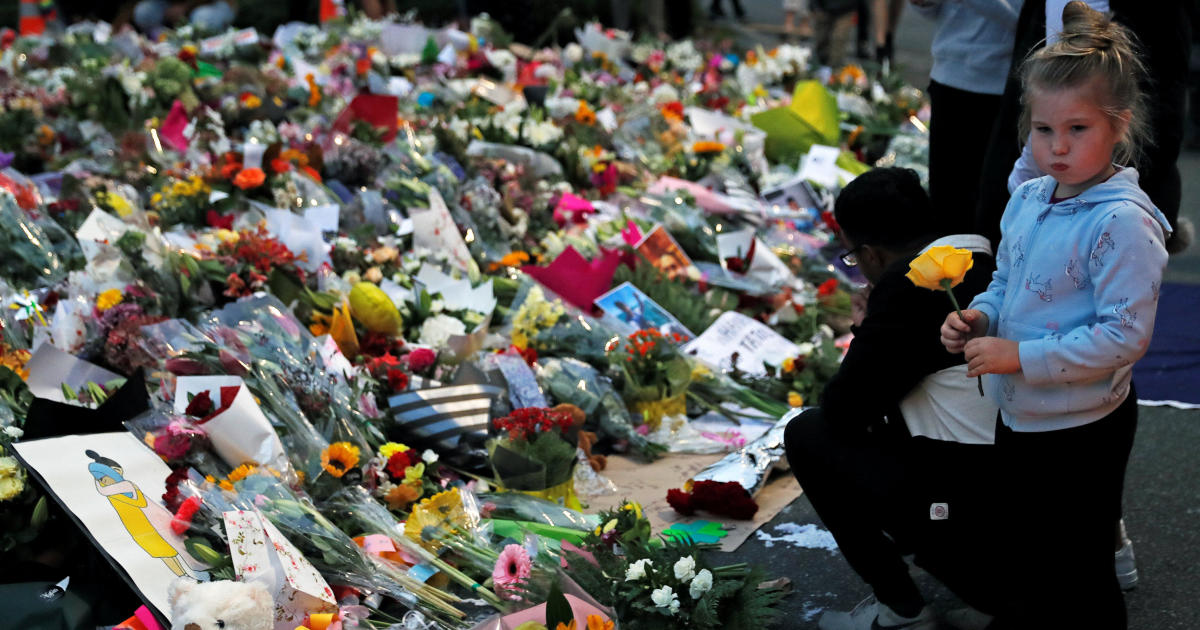
Ever wonder why these videos are deemed “safe” to share but not the New Zealand shooting video? Is it okay to share videos that show the mass murder of Jews but suddenly not okay to share videos depicting the mass murder of Muslims? Who arrived at this logic, anyway? Similarly, no western government banned videos of the 9/11 terrorist attacks on New York City in which over 3,500 Americans died.

They are considered part of the “historical record.” Yet wasn’t that shooting just as violent and just as hateful as the Christchurch shooting in New Zealand? World War II documentary videos by Ken Burns and other documentary filmmakers depict horrific mass murder events including the Holocaust, yet there is no government in the world that criminalized citizens for sharing Holocaust incineration oven videos or historical footage of death camp survivors. Kennedy being shot in the head are not censored online. Yet possessing those videos - or sharing them, or posting them - apparently isn’t a crime in New Zealand or anywhere in the western world. YouTube alone hosts countless murder videos covering everything from war-time military shootings to civilian gunfight videos in which people are fatally shot and killed. But wait: Horrific videos of WWII death camps, assassinations and street shootings are NOT banned or criminalized… “Police said anyone in possession of the video of the shootings, or found to be distributing it, could face imprisonment.” This means, essentially, that linking to content the government doesn’t like is now a crime in New Zealand. “The live stream video of the shootings in Christchurch has been classified by the Chief Censor’s Office as objectionable,” reports Radio NZ. An 18-year-old man was arrested in New Zealand for merely sharing the live stream video of the Christchurch shooting. Governments are now going to extraordinary lengths to eliminate the video from the internet while criminalizing anyone who dares possess it or distribute it.


Something is incredibly fishy about the New Zealand mosque shooting and how governments and the media have responded to it.


 0 kommentar(er)
0 kommentar(er)
